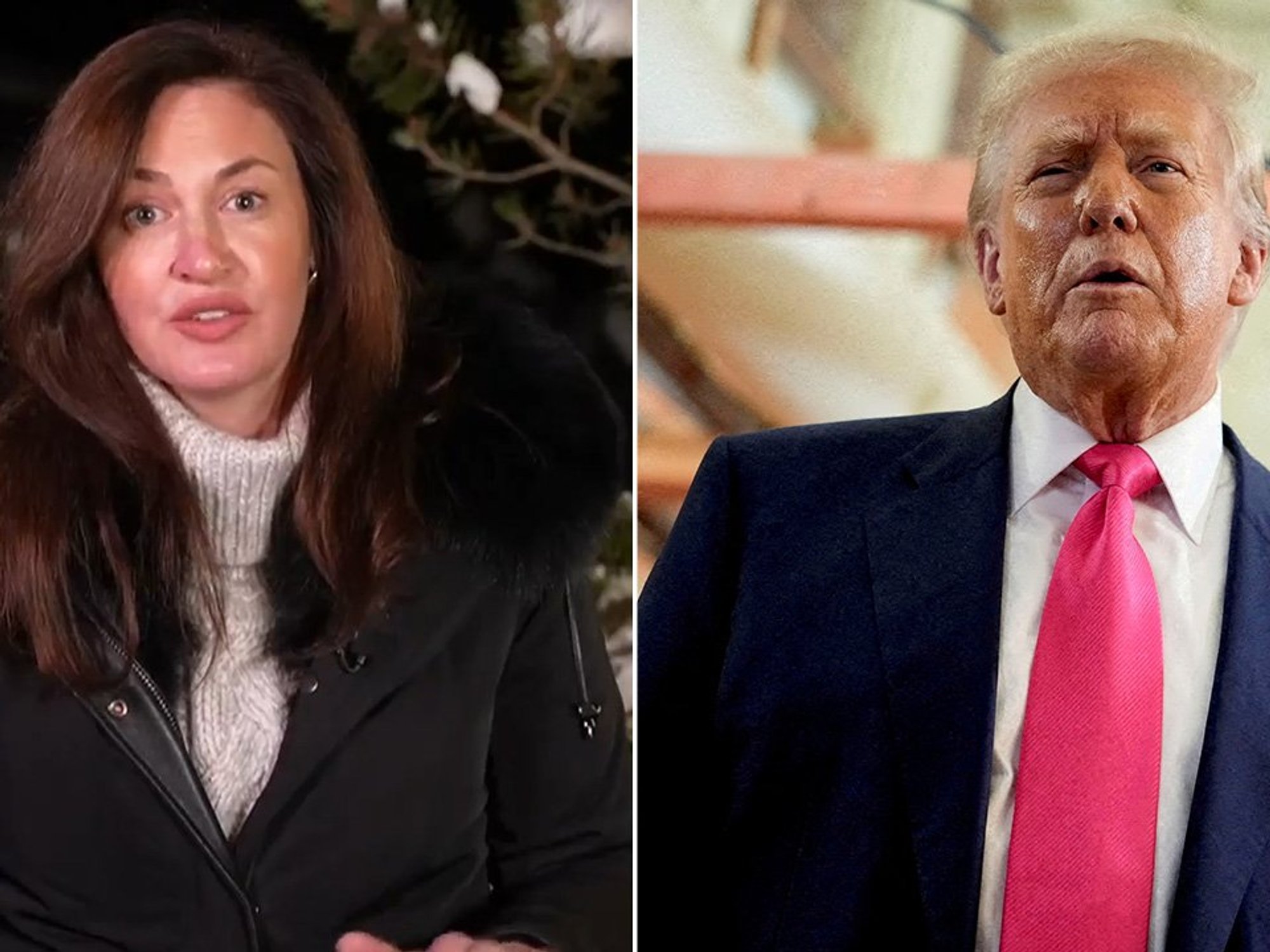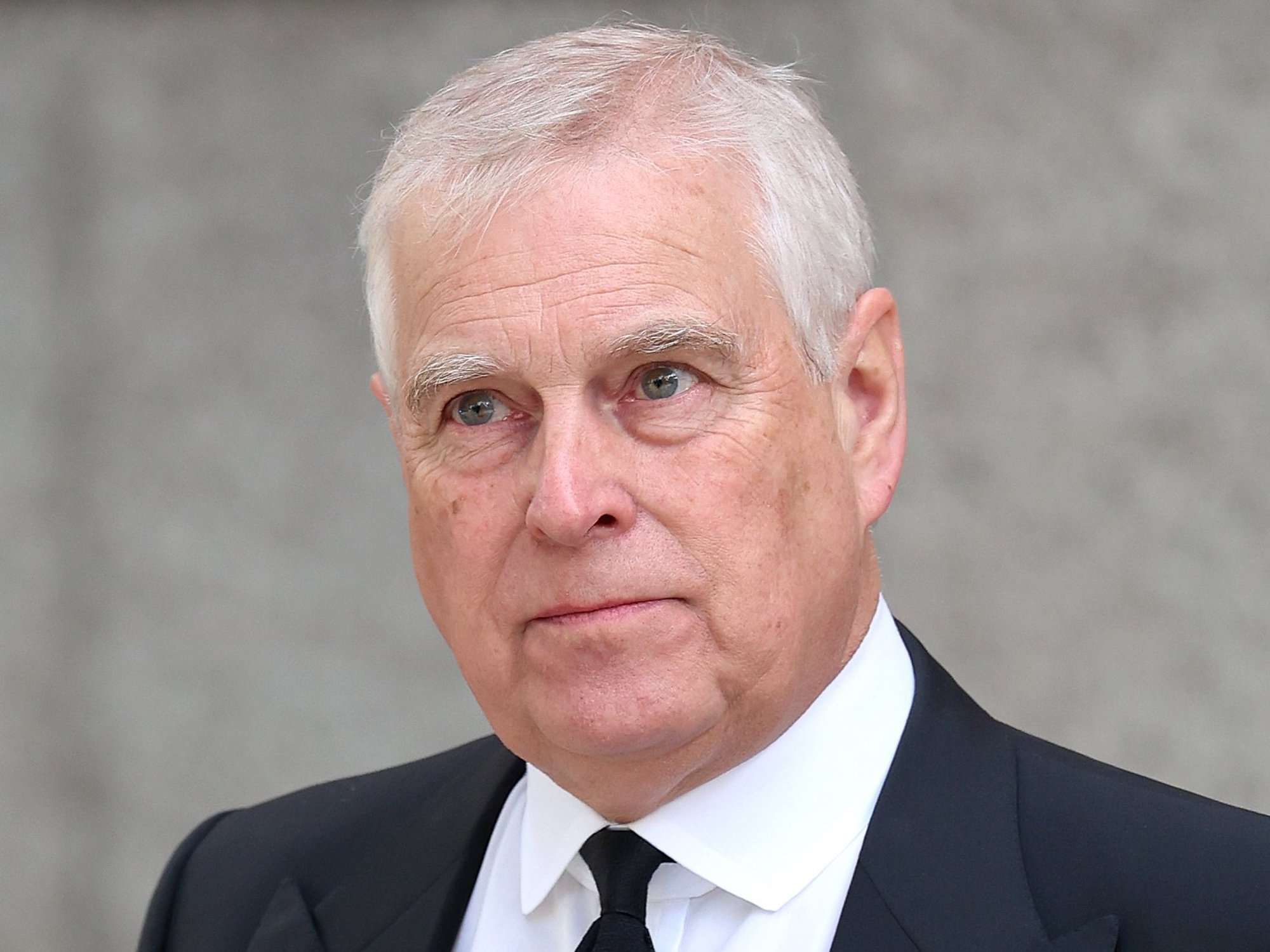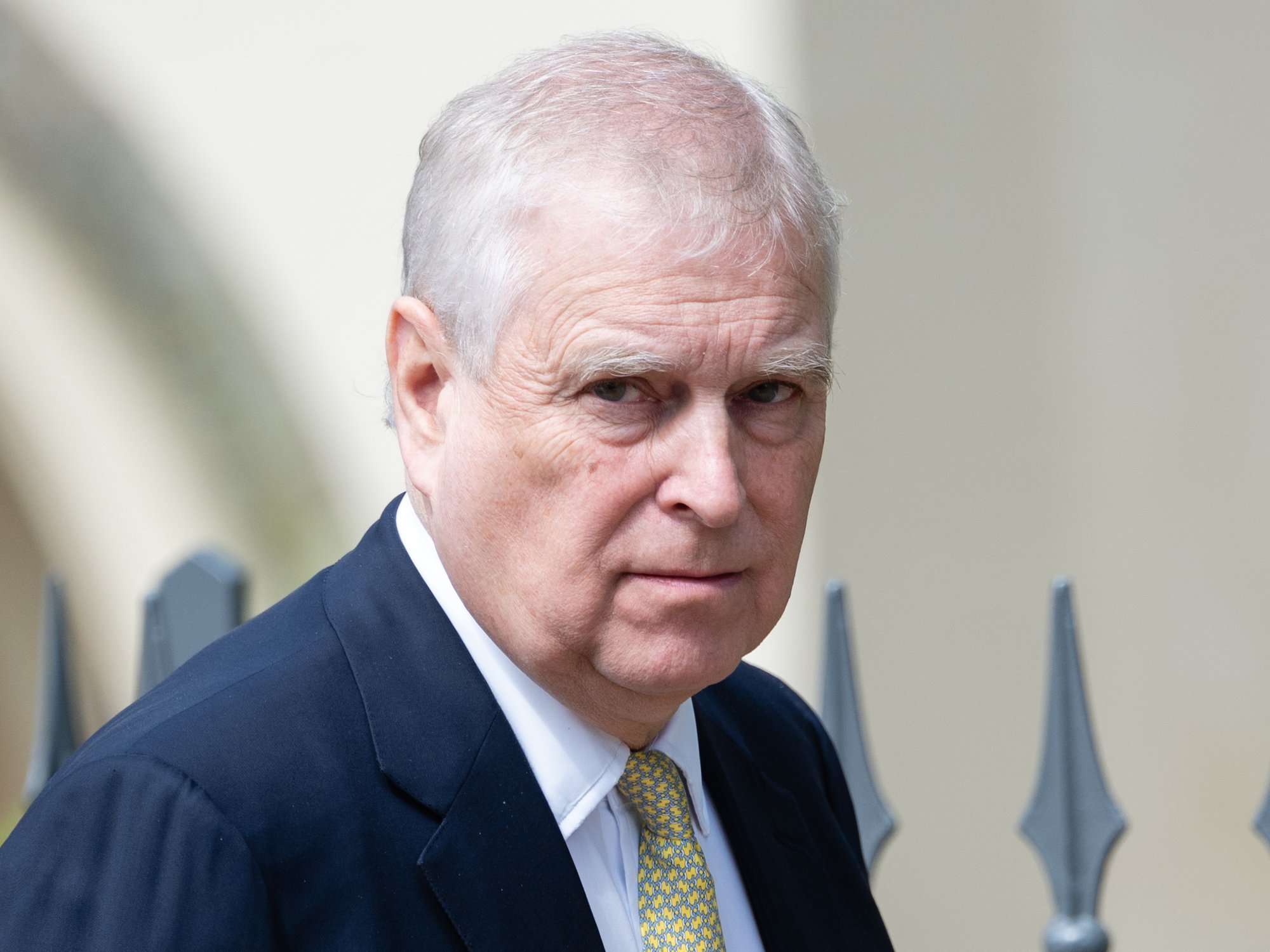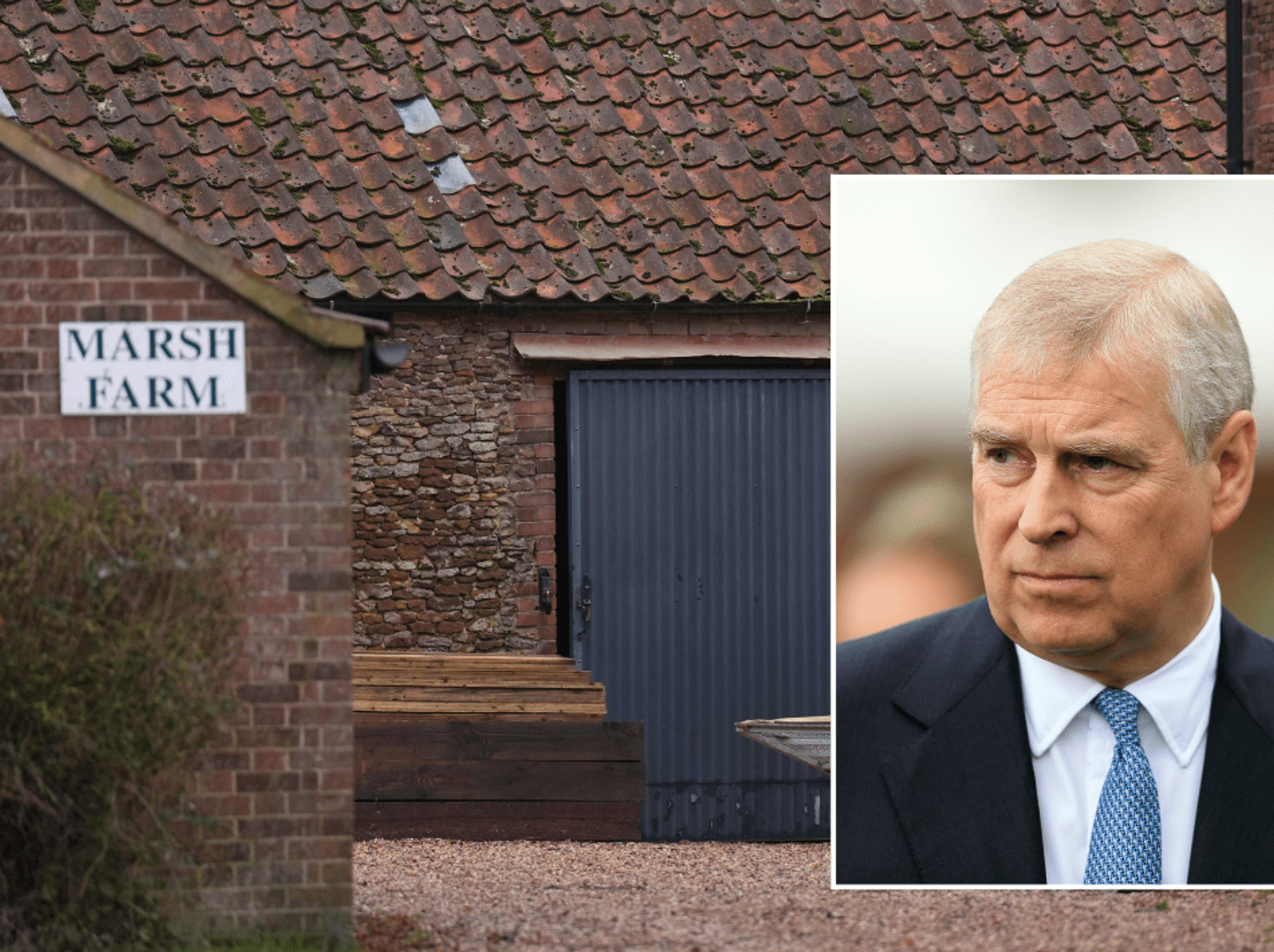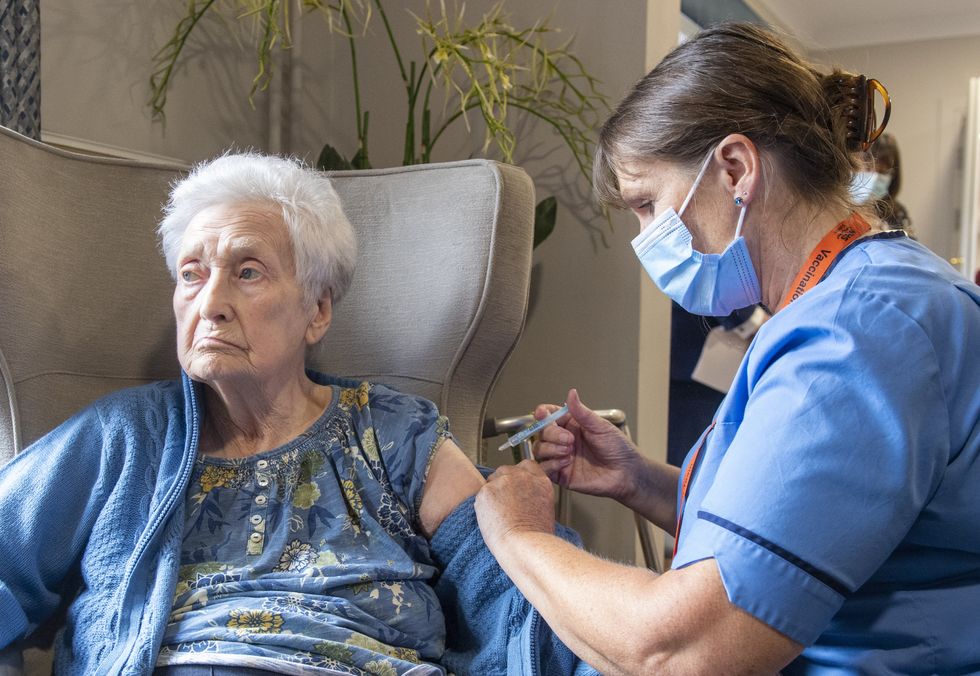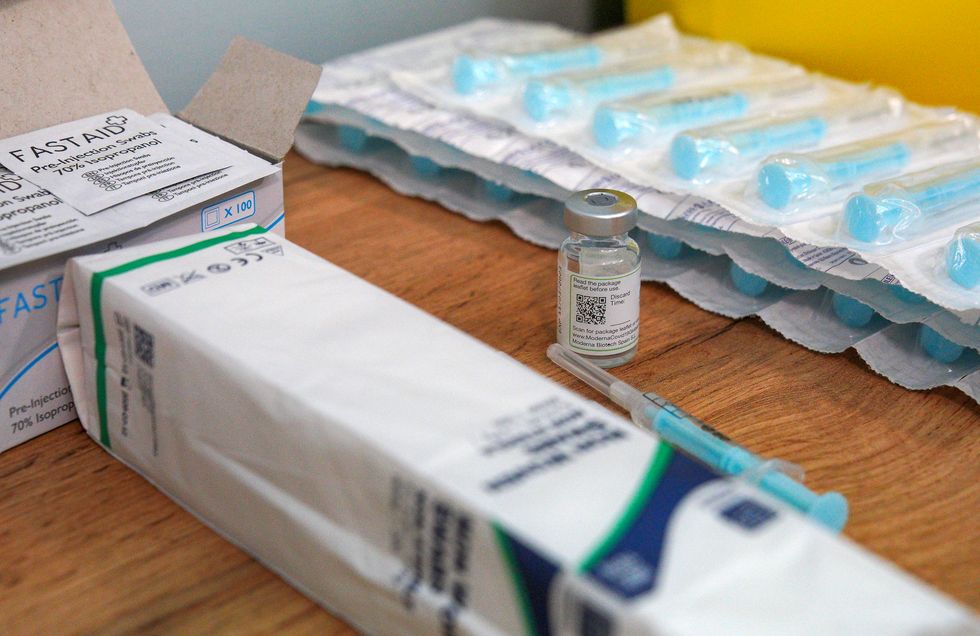Covid booster? No thanks! Staggering 96 per cent of NHS appointments for mRNA top-up jab still available with just days of latest vaccination campaign to go


The public have been urged to get their top up jab to protect them and their loved ones
Don't Miss
Most Read
Less than four per cent of NHS appointments to have an mRNA top-up have been booked as the health service’s booster campaign comes to an end.
Next week will be the last chance adults aged 49 and younger who have not yet received a full set of coronavirus vaccines can take up the offer.
The NHS has said Sunday February 12 will be the last day people in this age group can attend a vaccination site for their primary doses, while hundreds of thousands of appointments will be available for booster jabs.
A huge 96 per cent of appointments are still available.
Lesley Martin
After this date, the jabs will only be offered to people considered to be at risk of serious illness.
There are 2,800 sites open across the UK currently, with 391,000 appointments available.
Bur the take up numbers have been extremely low, with only 15,000 people signing up to take the jab next week.
This means that 96 per cent of the appointments are still available to book.
The NHS director of vaccinations and screening, Steve Russell, urged Brits to get jabbed.
He said: “There is just one week left of the autumn booster campaign and so if you are eligible for a booster but have yet to take up your latest dose, please do so before the end of next week.
“Whether you have had previous doses or a bout of Covid, we know that a booster is the best way to maintain protection against serious illness from Covid for yourself and your loved ones, so please do make the most of the offer while it is available and give yourself both protection and peace of mind for the year ahead.”
The NHS director of vaccinations and screening, Steve Russell, urged Brits to get jabbed.
Peter Byrne
941,800 people in private households in the UK were likely to have had Covid-19 in the week ending January 24, down 15% from 1.1 million the previous week, according to the Office for National Statistics.
That is the lowest number in the UK since September 2022.





